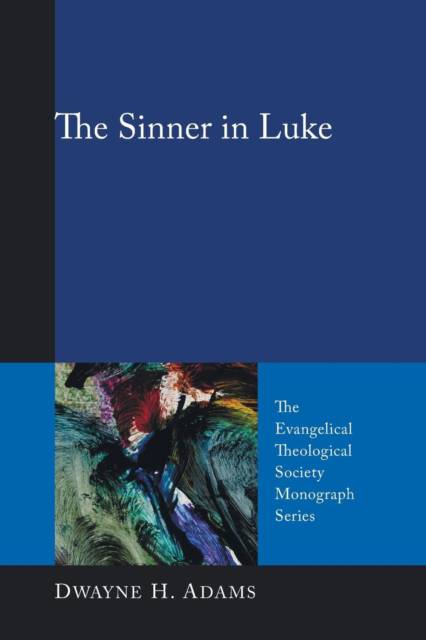
Je cadeautjes zeker op tijd in huis hebben voor de feestdagen? Kom langs in onze winkels en vind het perfecte geschenk!
- Afhalen na 1 uur in een winkel met voorraad
- Gratis thuislevering in België vanaf € 30
- Ruim aanbod met 7 miljoen producten
Je cadeautjes zeker op tijd in huis hebben voor de feestdagen? Kom langs in onze winkels en vind het perfecte geschenk!
- Afhalen na 1 uur in een winkel met voorraad
- Gratis thuislevering in België vanaf € 30
- Ruim aanbod met 7 miljoen producten
Zoeken
Omschrijving
This study examines the use of the term "sinner" in Luke-Acts. There is at present no scholarly consensus on the identity of the "sinner" in the Synoptic Gospels. Although the term is important in the Gospel of Luke, few works target the role of the sinner in it. Even fewer address the curious absence of "sinner" in Acts. Luke's narrative of Jesus' mission to "sinners," together with the comments about Gentiles in the gospel, prepare readers for the mission to Gentiles in Acts. Luke provides a link for readers by demonstrating how a Jewish religious sect made up of fishermen, toll-collectors, and "sinners," who claimed to have found the Messiah, became a religion with a wide Gentile following. In his use of the term "sinner," Luke suggests that "repentant Jewish sinners" and "repentant Gentile" followers of Jesus represent a fulfillment of God's promise of universal salvation.
Specificaties
Betrokkenen
- Auteur(s):
- Uitgeverij:
Inhoud
- Aantal bladzijden:
- 230
- Taal:
- Engels
- Reeks:
- Reeksnummer:
- nr. 8
Eigenschappen
- Productcode (EAN):
- 9781556354618
- Verschijningsdatum:
- 1/01/2008
- Uitvoering:
- Paperback
- Formaat:
- Trade paperback (VS)
- Afmetingen:
- 164 mm x 230 mm
- Gewicht:
- 326 g

Alleen bij Standaard Boekhandel
+ 84 punten op je klantenkaart van Standaard Boekhandel
Beoordelingen
We publiceren alleen reviews die voldoen aan de voorwaarden voor reviews. Bekijk onze voorwaarden voor reviews.









